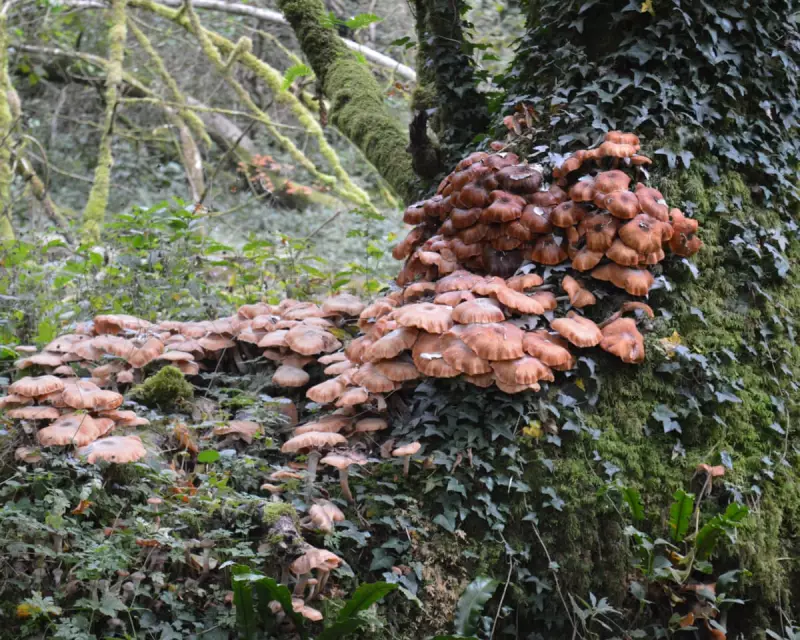
Britain's gardens are facing a silent but devastating invasion this autumn as honey fungus, one of the most destructive plant diseases, spreads rapidly across the country. The combination of this year's unusually hot summer followed by a persistently damp autumn has created the perfect breeding ground for this aggressive pathogen.
The Perfect Storm for Destruction
According to the Royal Horticultural Society (RHS), reports of honey fungus sightings have surged by 65% compared to last year. The weather pattern has been ideal for the fungus's growth - the summer heat stressed plants, making them more vulnerable, while the subsequent wet conditions allowed the fungus to thrive and spread.
What Makes Honey Fungus So Dangerous?
Unlike many garden pests, honey fungus attacks plants from underground, making early detection difficult. The fungus spreads through black bootlace-like threads called rhizomorphs that can travel through soil and infect healthy plants. By the time gardeners notice the classic honey-coloured mushrooms above ground, the damage below may already be extensive.
Plants Most at Risk Include:
- Established trees including birch, hydrangea and privet
- Popular shrubs and hedging plants
- Rose bushes and other flowering plants
- Fruit trees and berry bushes
How to Spot the Signs
Gardeners should be vigilant for several warning signs. Look for sudden wilting or dying branches, premature autumn colouring, cracked bark at the base of trees, and of course, the distinctive honey-coloured mushrooms that appear in clusters during autumn.
Protecting Your Garden
While there are no chemical treatments available, the RHS recommends several preventative measures. Removing infected stumps and roots, creating physical barriers with butyl rubber pond liner, and choosing resistant plant species can all help protect your garden from this destructive force.
With climate patterns becoming increasingly unpredictable, experts warn that such fungal outbreaks may become more common, making awareness and early intervention crucial for British gardeners.





